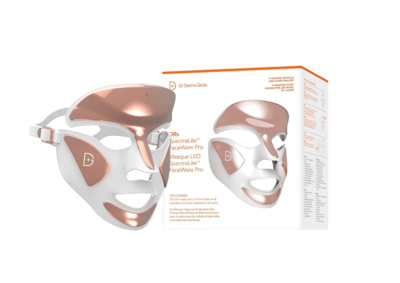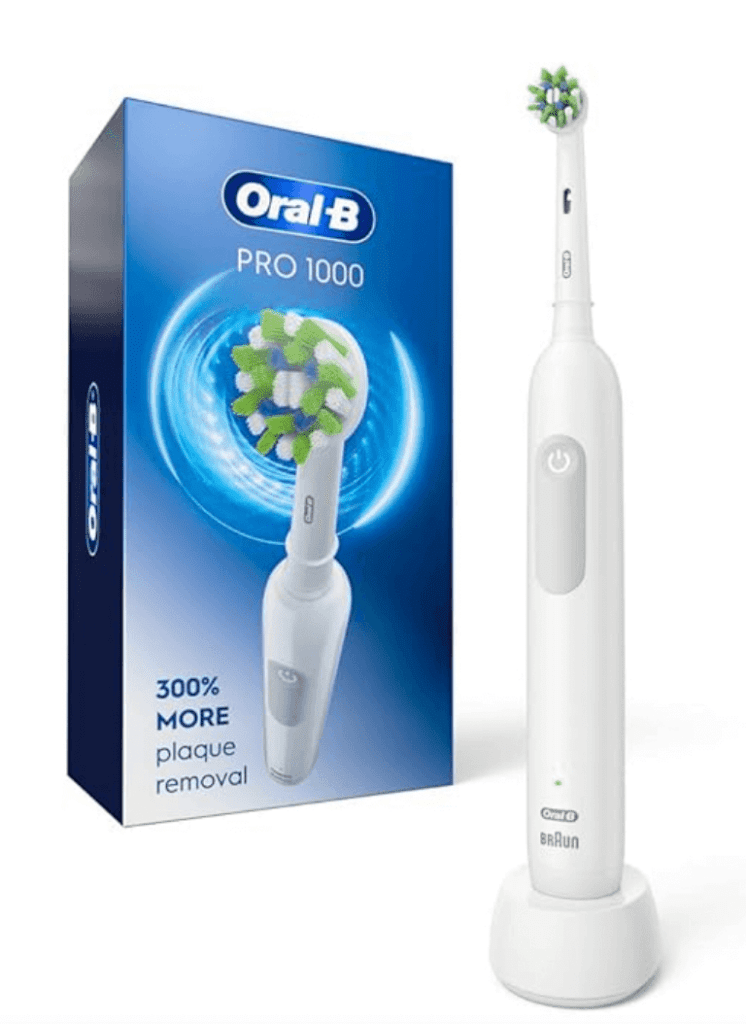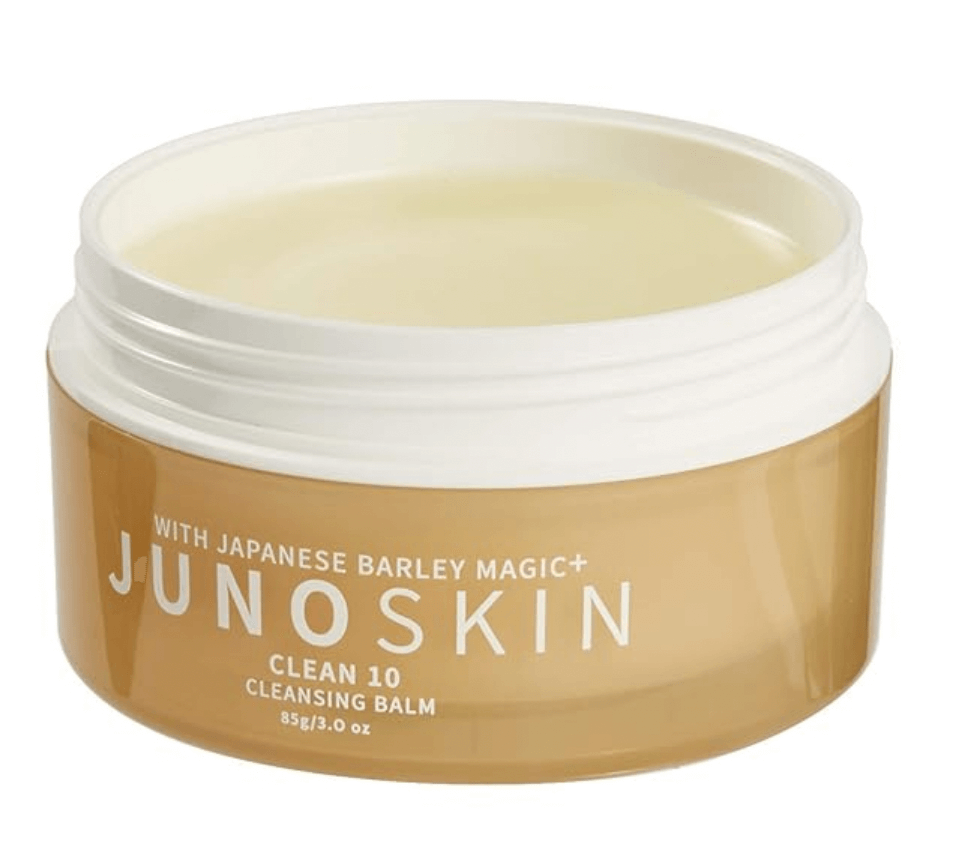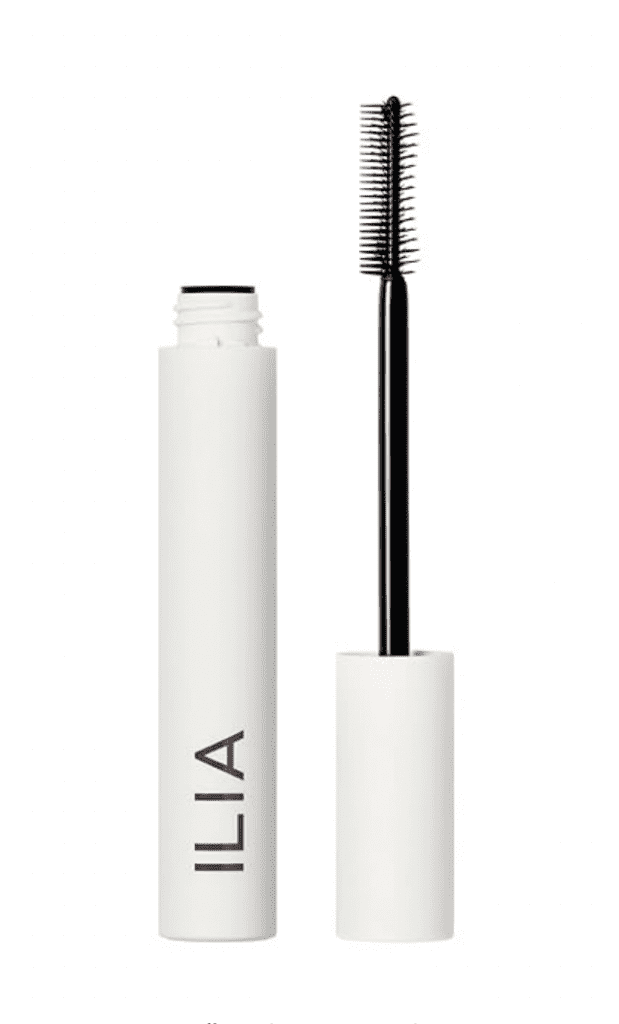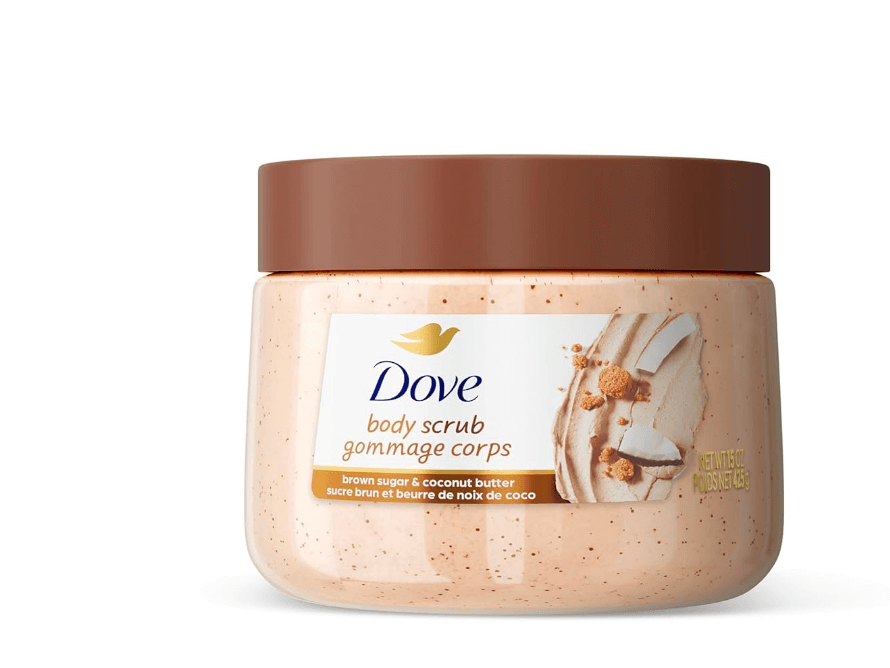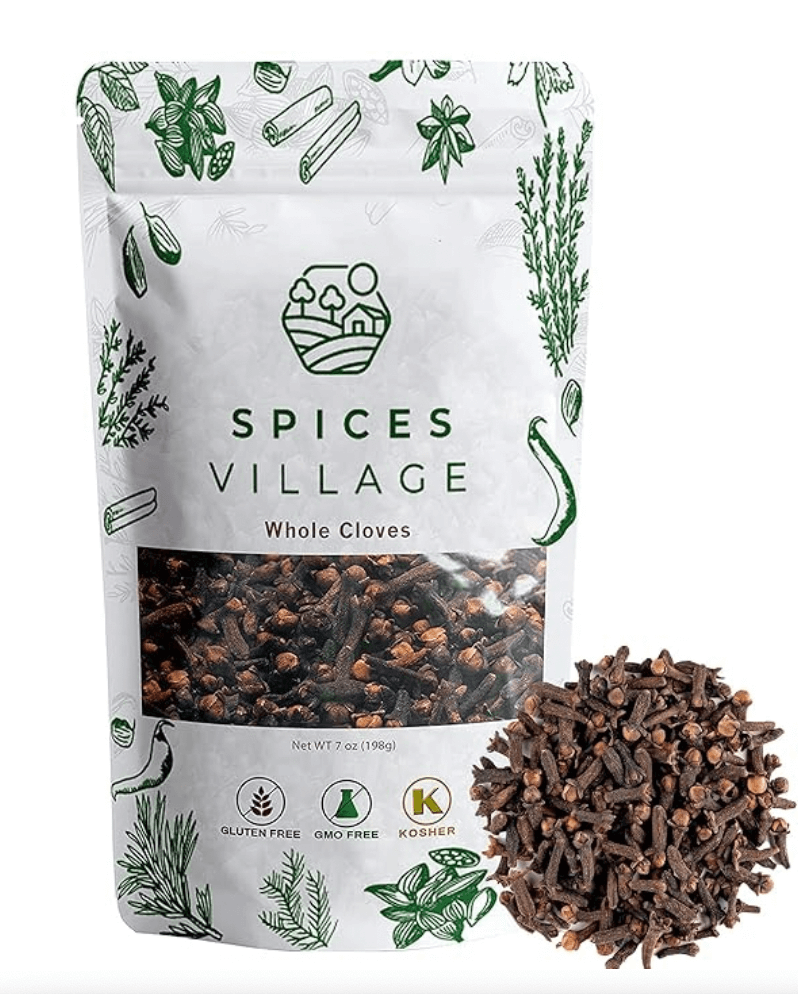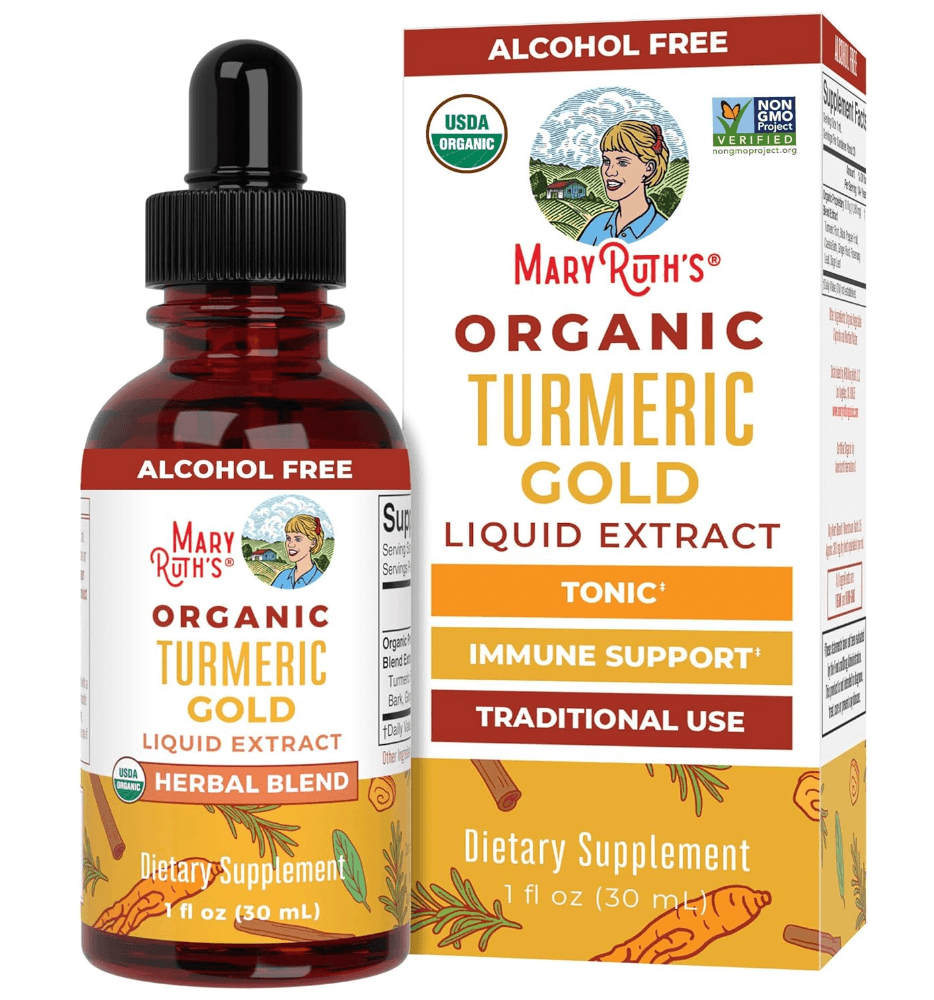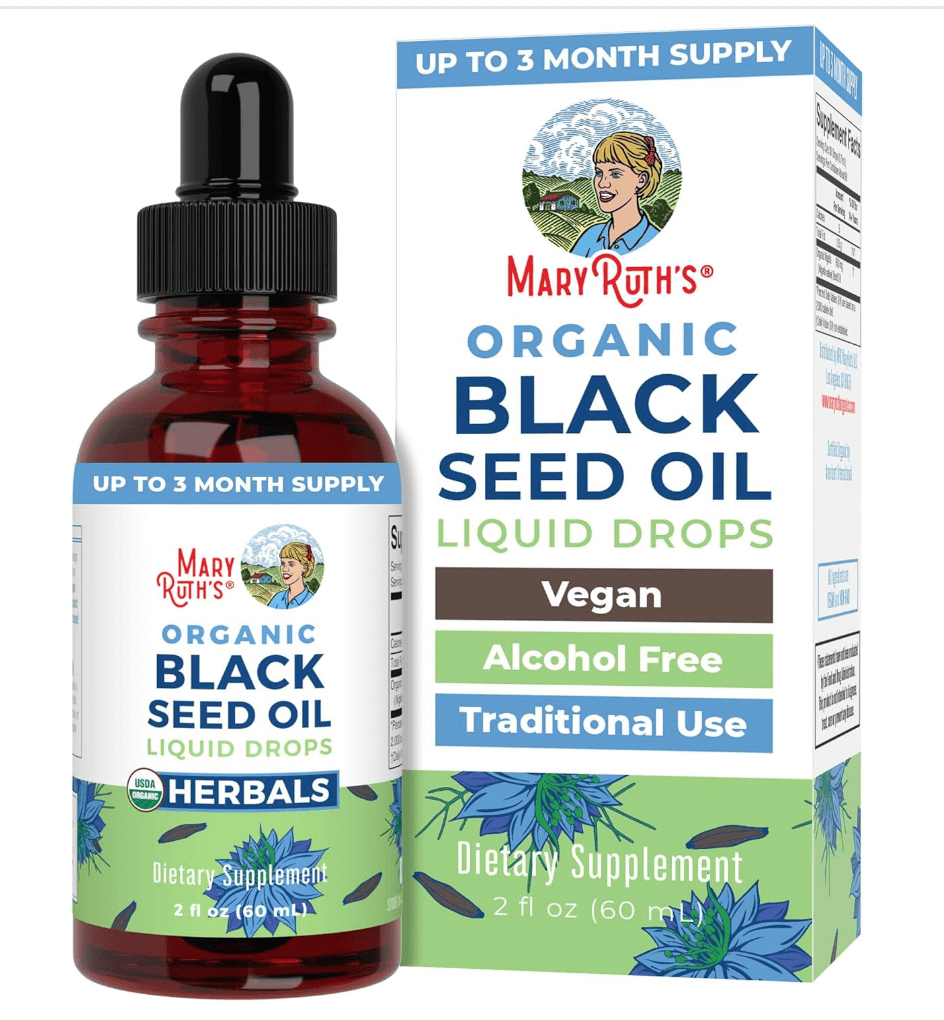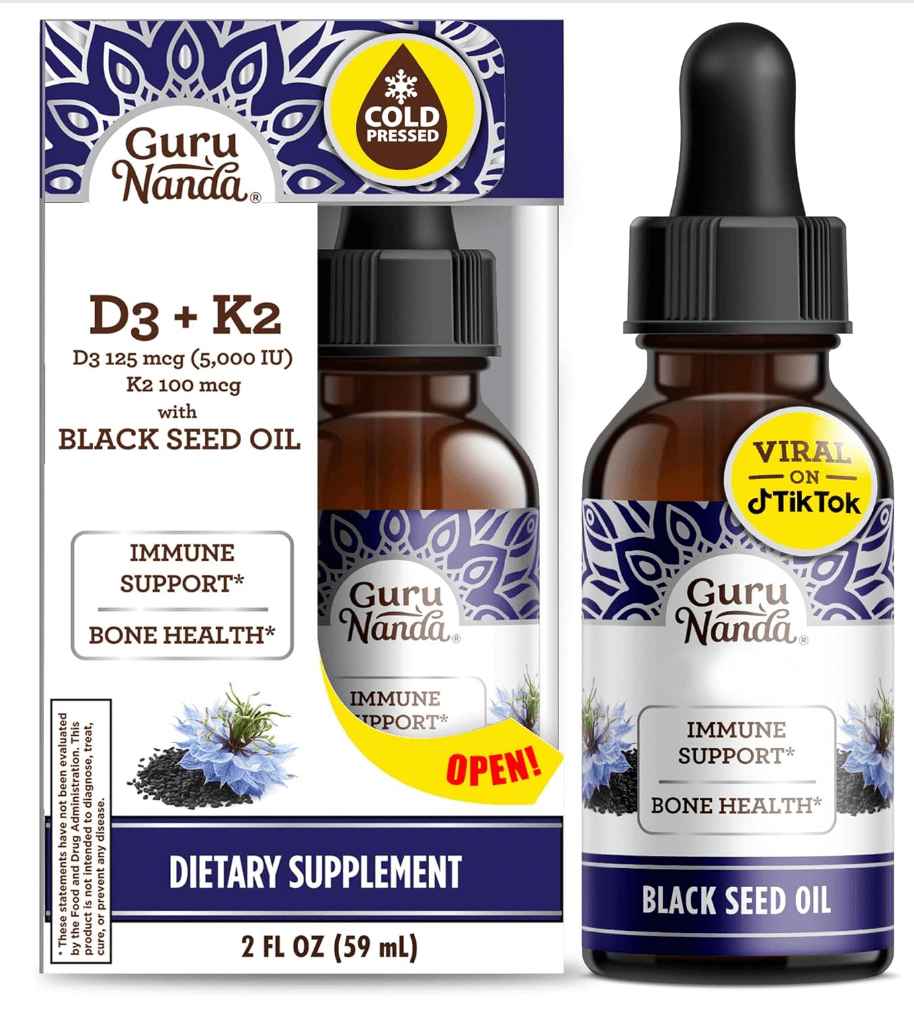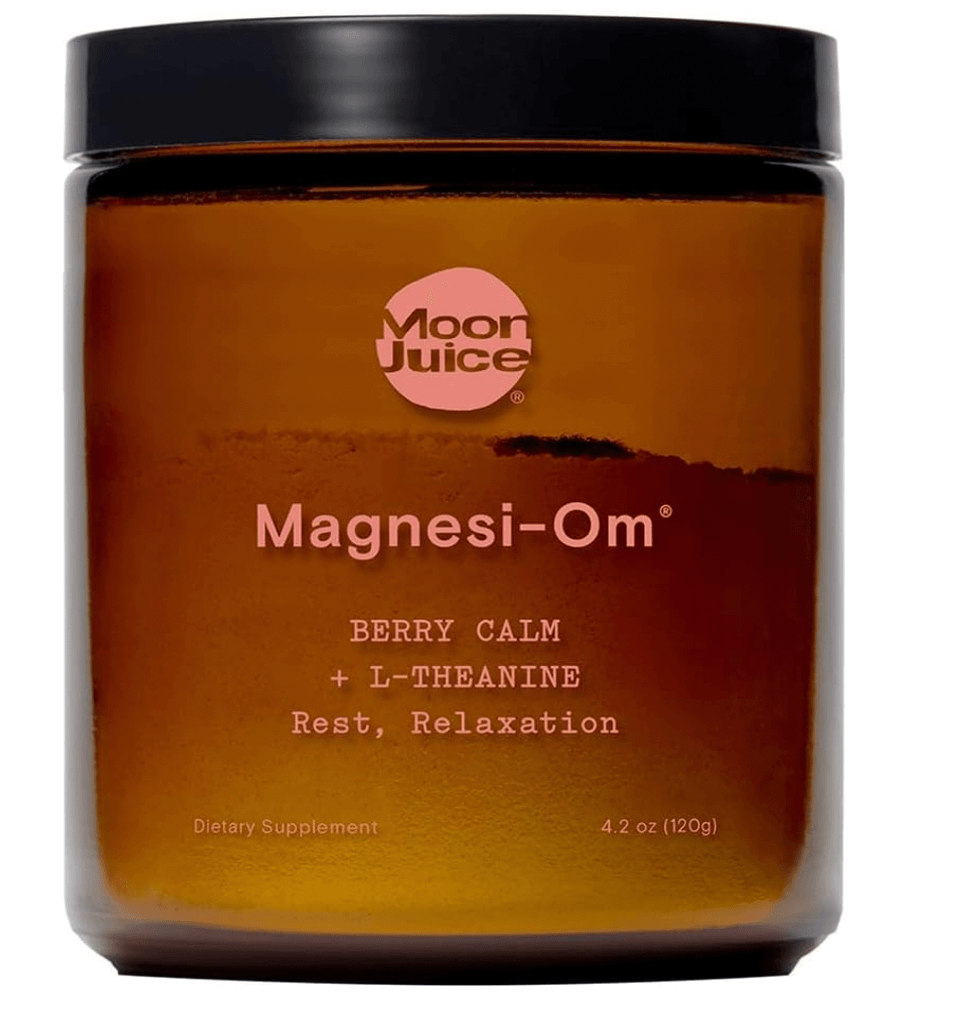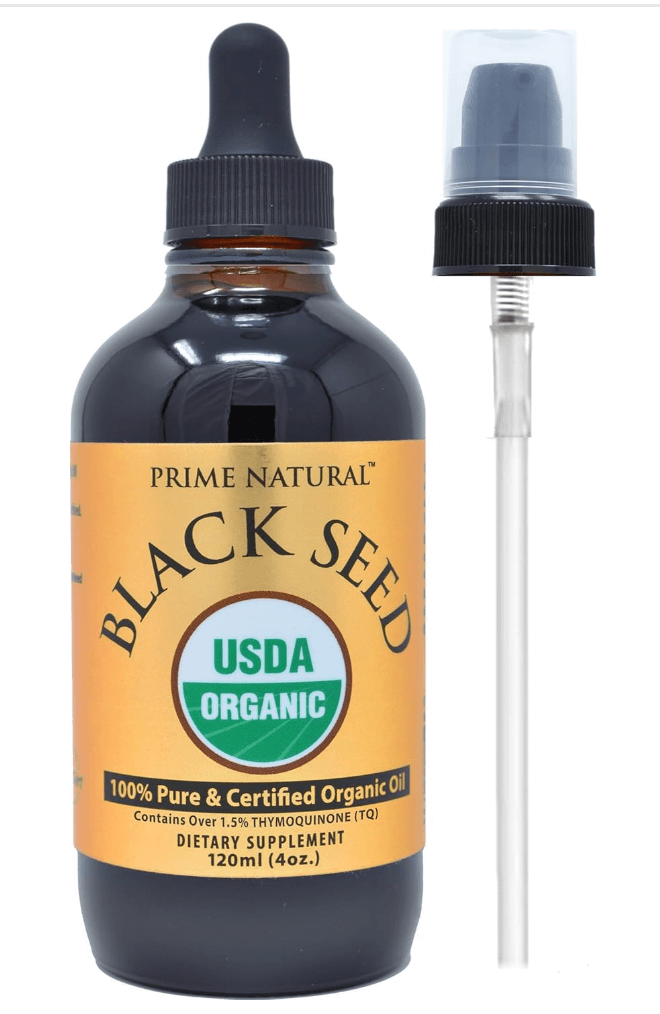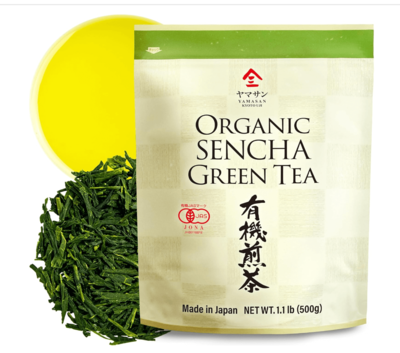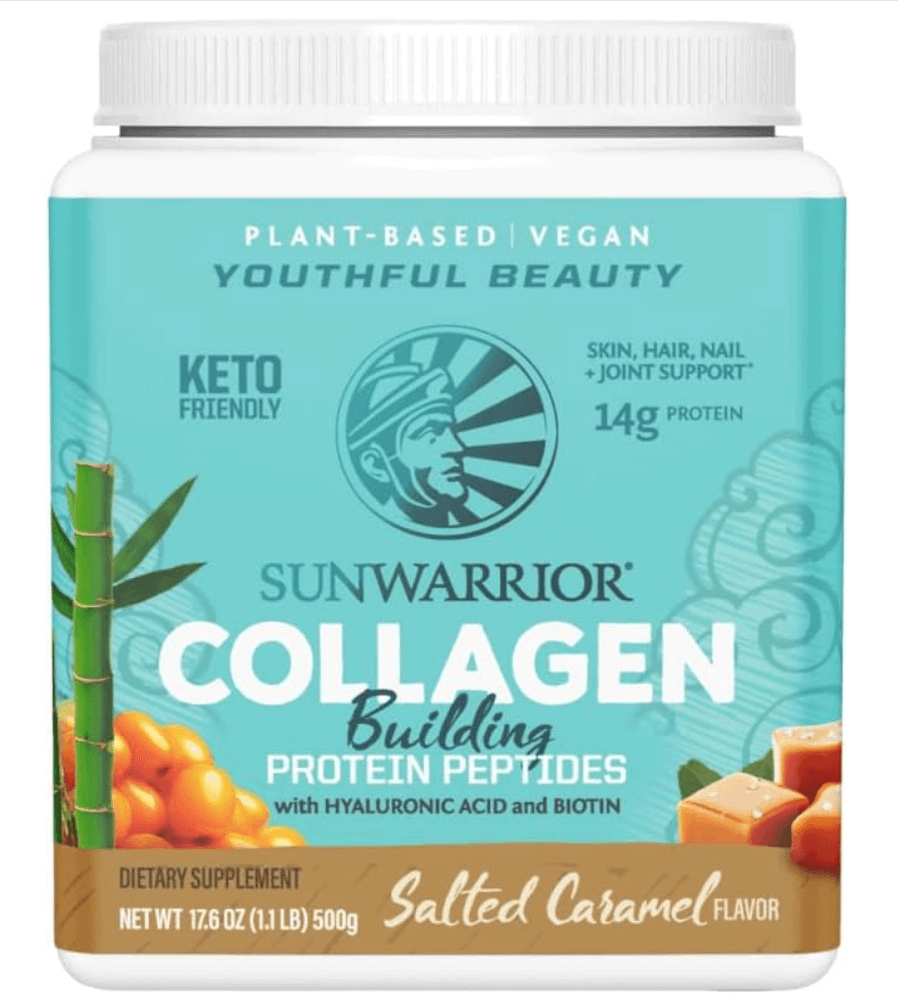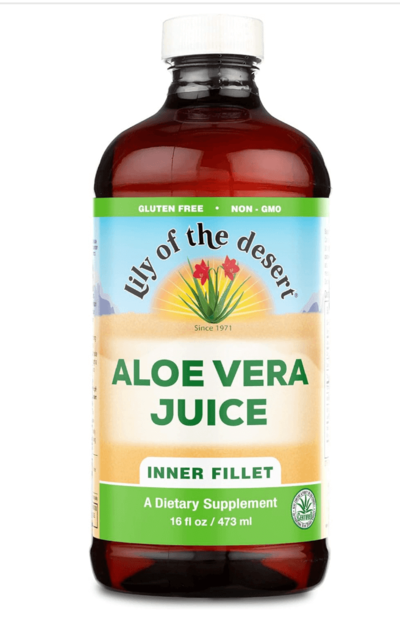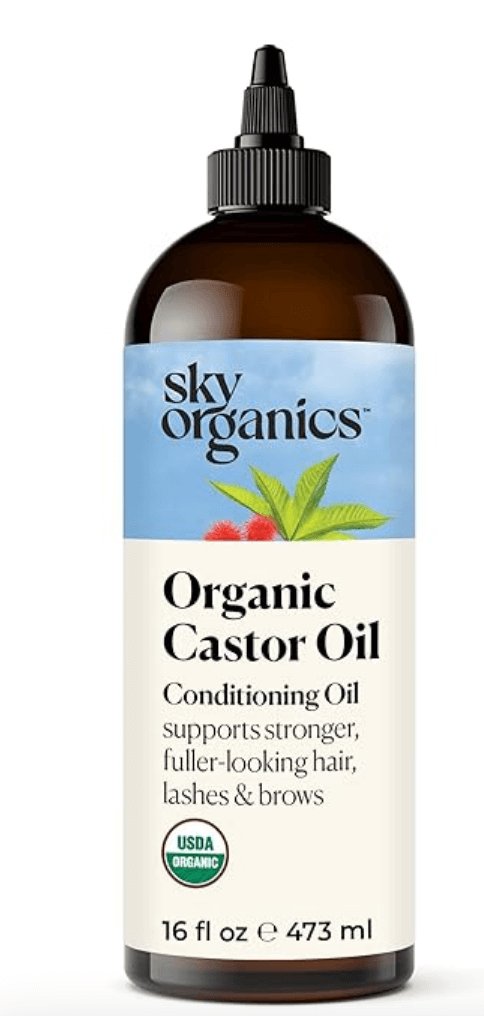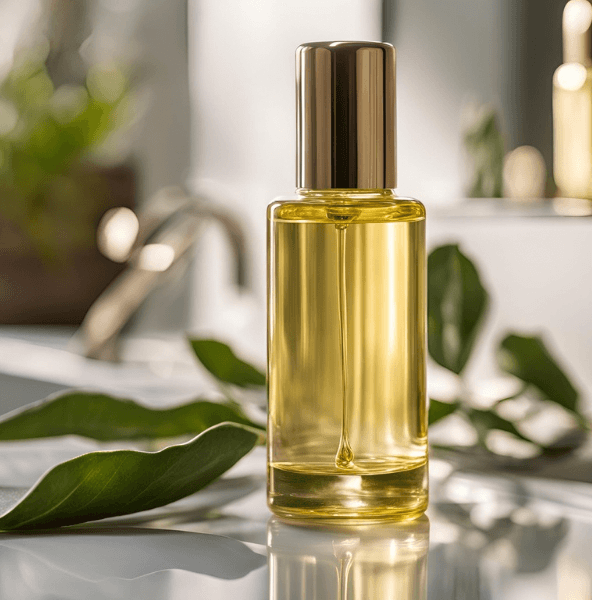The Surprising Benefits of Applying Castor Oil in Your Belly Button
When we think about castor oil, we typically think of it as a remedy for hair growth or skin care, but did you know that applying castor oil to your belly button can offer amazing health benefits? This ancient Ayurvedic practice taps into the body’s intricate system of nerve endings that converge in the navel area, and the results can be incredibly restorative.
This post contains affiliate links. I may earn a small commission, at no extra cost to you.
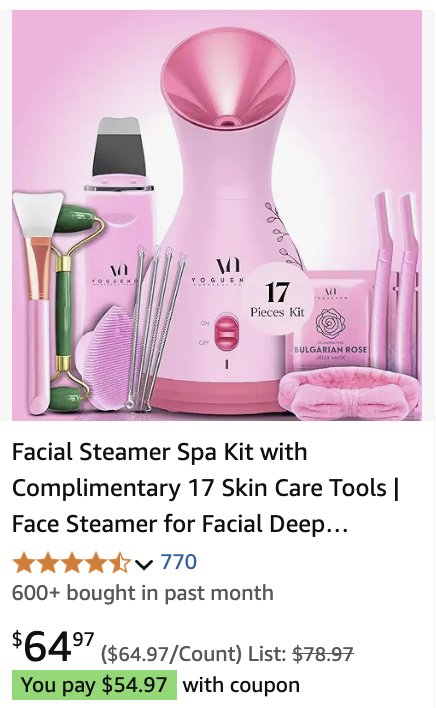


What is Castor Oil?
Derived from the seeds of the castor plant (Ricinus communis), it is a versatile oil with a wide range of applications. However, as with any natural product, there are nuances to its use. Castor oil is a thick, pale-yellow vegetable oil extracted from castor seeds. It is known for its high content of ricinoleic acid, a fatty acid that gives the oil its unique properties. It has been used for centuries in traditional medicine, skincare, and even as an industrial lubricant.
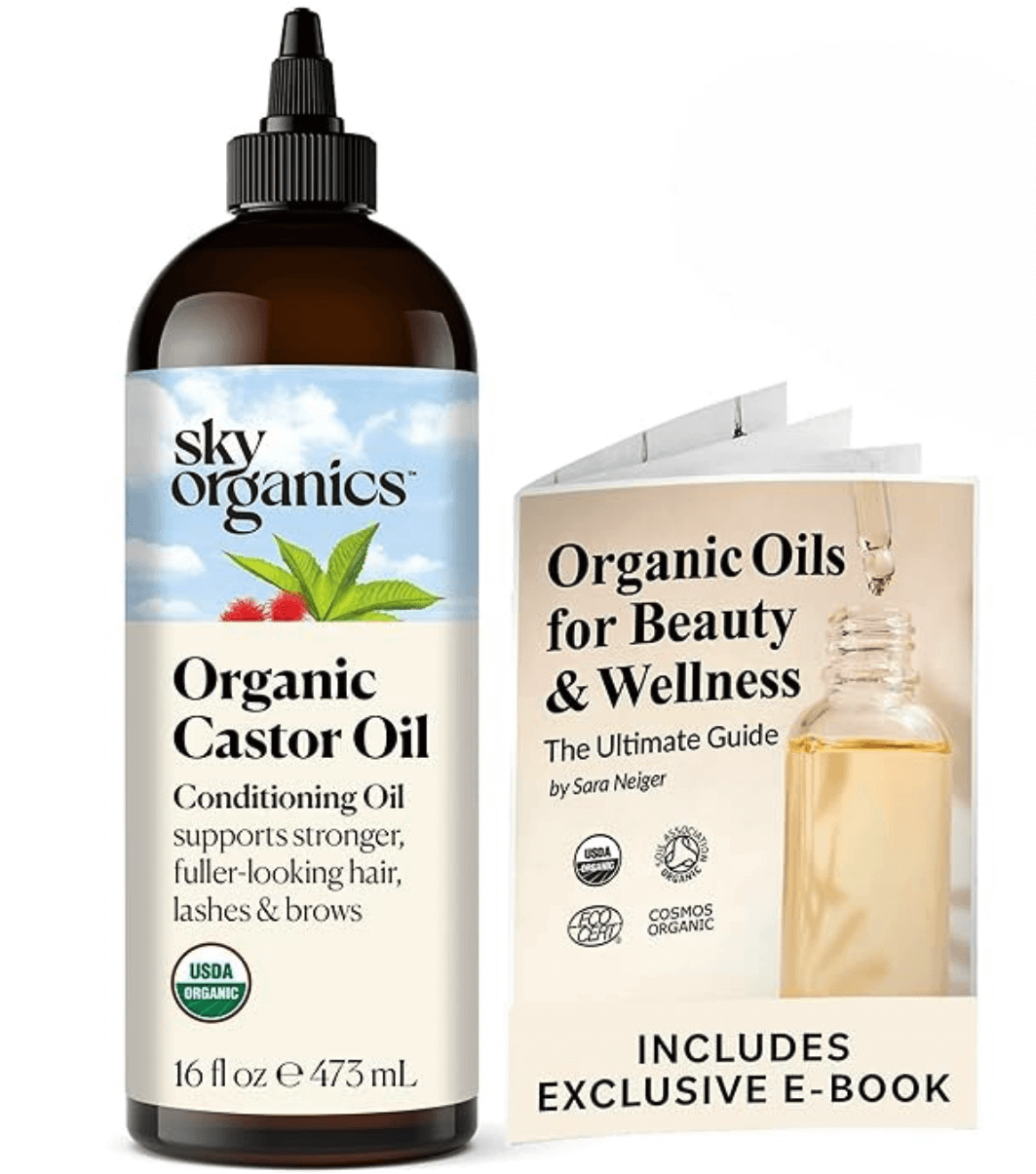

Why the Belly Button?
Your belly button, also known as the navel, is a critical part of your body’s energy flow. It’s connected to the rest of your body through veins and nerve endings that make it a central point for detoxification and nourishment. Applying castor oil to the belly button helps distribute the oil’s properties throughout your system, delivering benefits in a natural, soothing way. Why is the Belly Button Important in Ayurveda?

Ayurveda teaches that the navel is the first point of life—it’s where we receive nutrients from our mother before birth. Even after birth, the navel remains deeply connected to the rest of the body.
✔ It’s Linked to Major Organs – The belly button connects to the stomach, intestines, liver, and kidneys, making it a key point for digestion and detox.
✔ It’s an Energy Center – In Ayurveda and yogic philosophy, the navel area is associated with the Manipura Chakra, which governs metabolism, confidence, and vitality.
✔ Absorbs Nutrients & Detoxifies – The skin around the navel is highly absorbent, allowing oils to penetrate deeply and nourish the body.
By applying specific oils, we can stimulate these energy pathways, nourish tissues, and remove toxins.
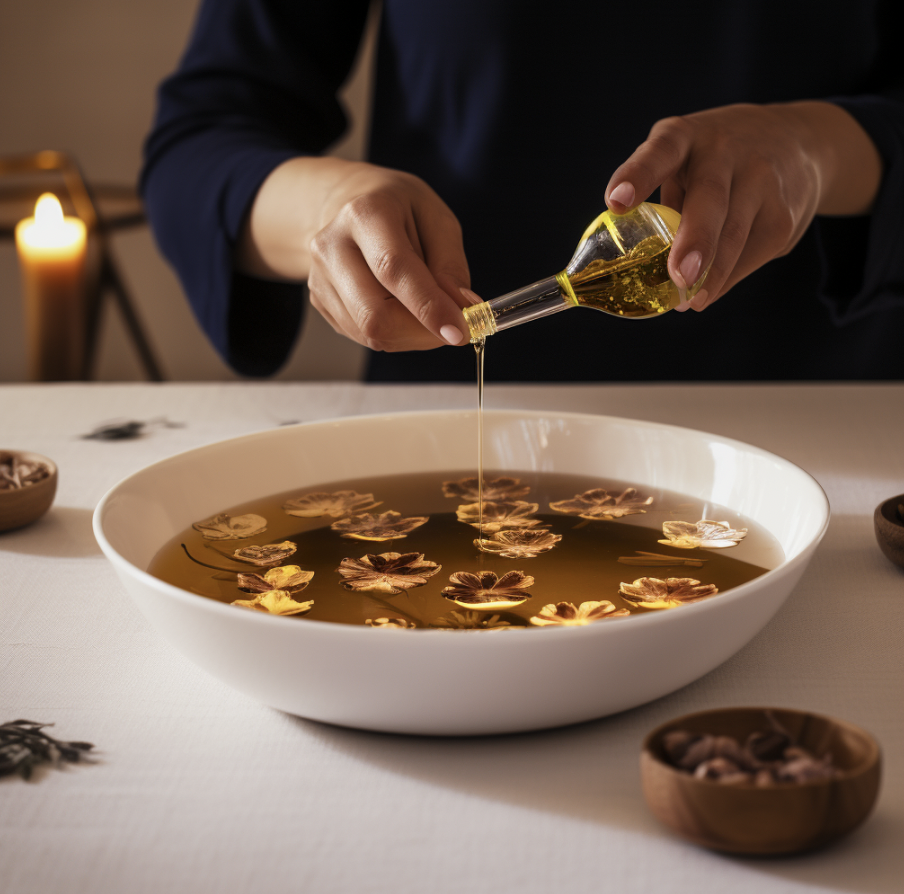
In Ayurveda, the belly button (navel) is more than just a physical feature—it’s considered a powerful energy center and a gateway to healing. Known as the Nabhi, the belly button is connected to 72,000 energy channels (nadis) in the body, influencing digestion, immunity, circulation, and overall balance.
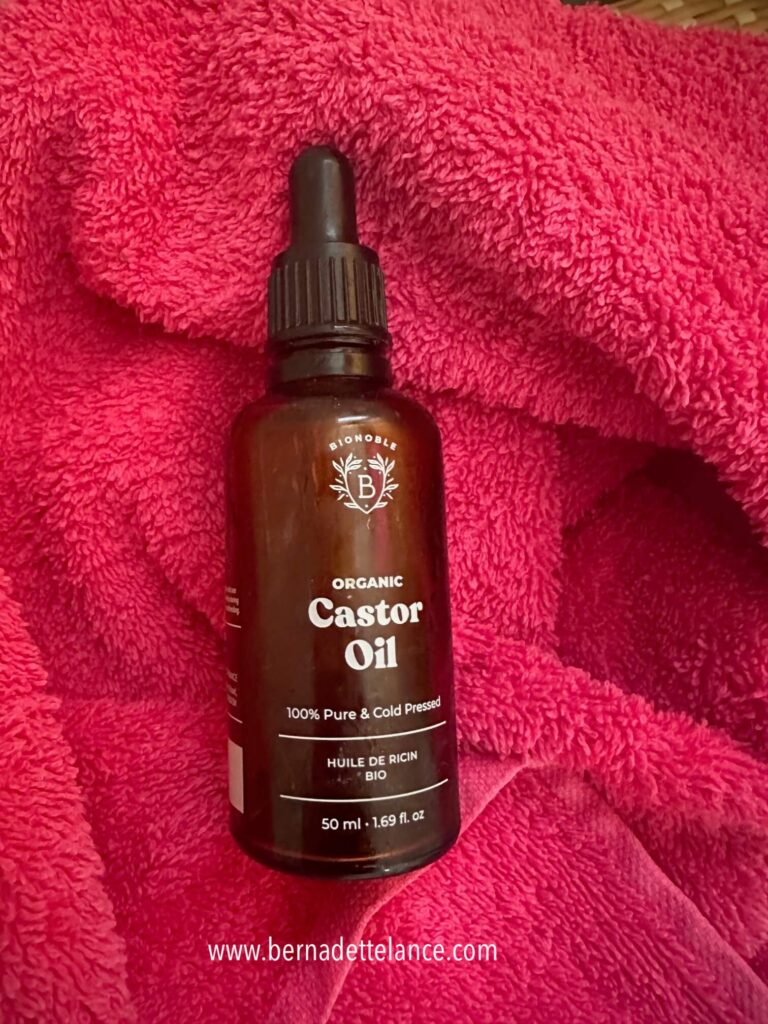
One of Ayurveda’s ancient practices is oiling the navel, often using castor oil, coconut oil, or ghee. This simple ritual is believed to nourish the body from within, detoxify organs, and promote deep healing.
Benefits of Castor Oil in the Belly Button
- Detoxification and Digestion Aid
Castor oil is known for its ability to support detoxification, helping the body remove toxins naturally. When applied to the belly button, it may aid digestion, reducing bloating and constipation by stimulating the digestive tract. This practice can also soothe stomach discomfort and help alleviate indigestion. - Enhances Fertility
Applying castor oil to the navel area is said to help with fertility. By promoting better blood circulation and lymphatic drainage around the reproductive organs, this method may balance hormones and support the overall health of the reproductive system.
- Improves Skin Hydration and Glow
Castor oil is known for its deep moisturizing properties. Applying a small amount of oil to the belly button before bed can help nourish your skin from within, giving your complexion a radiant glow and helping to alleviate dry, cracked skin. - Balances Hormones
The navel is connected to various internal organs, including those responsible for hormone production. Regular application of castor oil may promote hormonal balance, reducing symptoms of PMS, menopause, and mood swings. - Relieves Joint and Muscle Pain
Castor oil is also widely known for its anti-inflammatory properties. When absorbed through the navel, it can potentially reduce joint pain, muscle stiffness, and other inflammatory issues in the body. - Boosts Immunity
The detoxifying effects of castor oil can boost your immune system by helping your body clear out waste and excess fluids. This method is thought to improve overall vitality and resilience against illness.



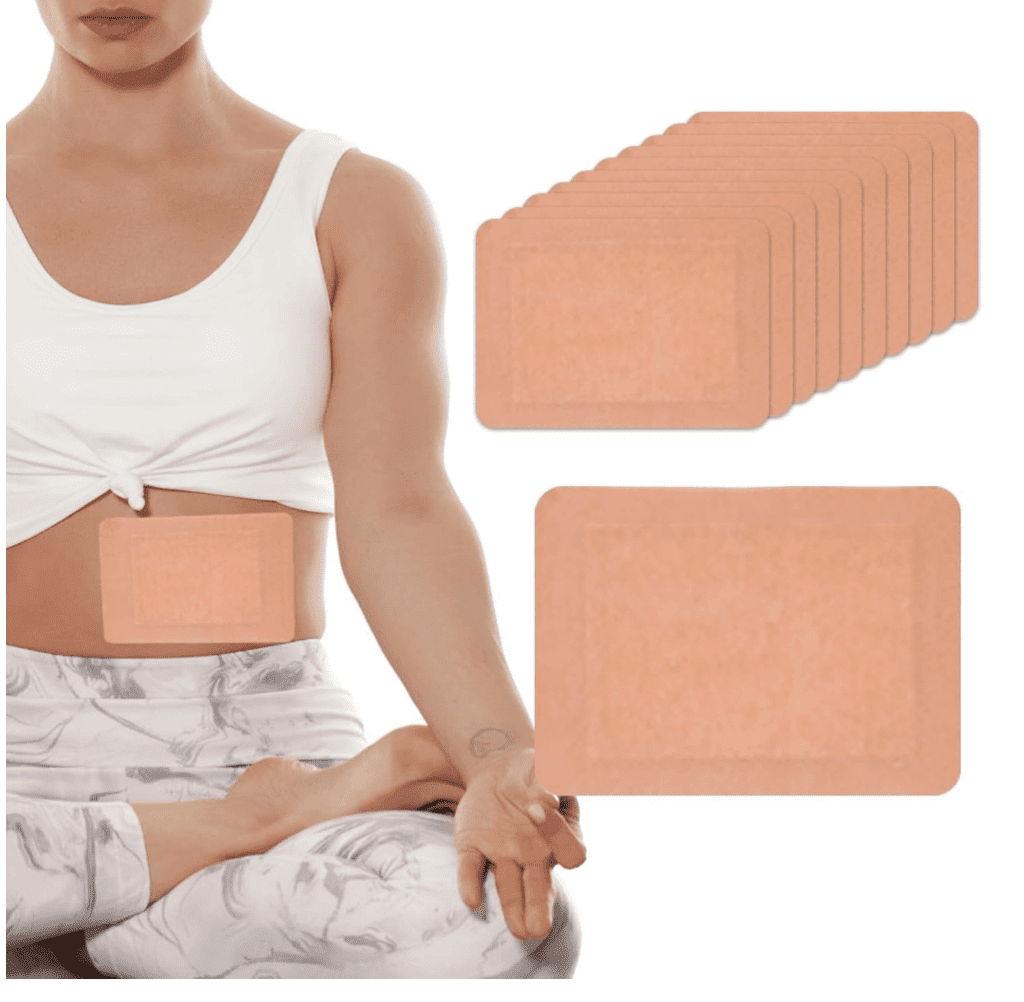




How to Apply Castor Oil to Your Belly Button
Applying castor oil to your belly button is simple and can easily be incorporated into your nightly routine. Here’s how:
- Lie down comfortably on your back.
- Apply a few drops of warm castor oil directly to your navel.
- Gently massage the oil into your belly button and the surrounding area in a circular motion for about 5 minutes.
- Leave the oil on overnight for maximum absorption.

Other Oils Benefits in Your Belly Button
1. Deep Detox & Digestive Health
Applying castor oil, coconut oil, or ghee to the navel can improve digestion, relieve bloating, and support the liver’s detox process.
✔ Castor oil: Natural laxative, relieves constipation.
✔ Ghee: Nourishes gut lining, supports digestion.
✔ Coconut oil: Antibacterial, fights gut infections.
2. Boosts Skin Hydration & Glow
The belly button is connected to blood circulation, and oiling it can improve skin hydration and glow.
✔ Almond oil: Brightens skin, reduces pigmentation.
✔ Coconut oil: Moisturizes dry skin.
✔ Neem oil: Clears acne and skin infections.


3. Relieves Joint & Muscle Pain
Ayurveda believes that oiling the navel helps lubricate joints and reduce stiffness by improving circulation.
✔ Castor oil: Reduces inflammation and muscle pain.
✔ Sesame oil: Supports bone health.
✔ Mustard oil: Warms the body and eases pain.



4. Balances Hormones & Fertility
The belly button connects to reproductive organs, making oiling beneficial for hormonal balance and fertility support.
✔ Olive oil: Helps regulate menstrual cycles.
✔ Castor oil: Supports uterine health.
✔ Flaxseed oil: Provides omega-3s for hormonal balance.
5. Promotes Better Sleep & Mental Calm
Massaging the belly button with oil relaxes the nervous system, reducing stress and anxiety.
✔ Chamomile oil: Calms the mind and promotes deep sleep.
✔ Lavender oil: Reduces stress and tension.
Best Oils for the Belly Button (Based on Needs)
| Concern | Best Oil to Use |
|---|---|
| Digestion & Detox | Castor oil, ghee, coconut oil |
| Glowing Skin | Almond oil, neem oil, coconut oil |
| Joint & Muscle Pain | Castor oil, sesame oil, mustard oil |
| Hormonal Balance | Flaxseed oil, olive oil, castor oil |
| Stress & Sleep | Chamomile oil, lavender oil |
FAQ: Oiling the Belly Button
Q: How often should I put oil in my belly button?
A: Daily for best results. If that’s too much, aim for at least 3-4 times a week.
Q: Can I use any oil?
A: Stick to cold-pressed, organic oils for maximum benefits. Avoid synthetic oils.
Q: How long does it take to see results?
A: Most people notice smoother skin and better digestion within a few weeks. Joint pain relief and hormonal benefits may take longer.
Q: Can I mix different oils?
A: Yes! You can mix oils like coconut + turmeric oil for skin benefits or castor + sesame oil for deep detox.
Q: Who should avoid this practice?
A: Pregnant women should consult a doctor before using oils like castor oil, which may stimulate contractions.
What Makes Castor Oil so Unique?
Castor oil is unique due to its high concentration of ricinoleic acid, a rare fatty acid known for its powerful anti-inflammatory, antimicrobial, and moisturizing properties. These qualities make castor oil effective in treating a variety of conditions, from skin irritation to joint pain. Its thick consistency and natural emollient properties also set it apart from other plant-based oils.
Health and Beauty Benefits of Castor Oil
1. Benefits for Skin
- Deep Moisturization: Castor oil is an excellent emollient that hydrates dry skin and locks in moisture.
- Acne Treatment: Its antimicrobial properties help reduce acne-causing bacteria.
- Anti-Aging: Castor oil boosts collagen production, reducing wrinkles and fine lines.
- Soothes Irritation: Effective for eczema, psoriasis, and other inflammatory skin conditions.
2. Benefits for Hair
- Promotes Hair Growth: Castor oil stimulates blood circulation to hair follicles, encouraging growth.
- Conditions the Scalp: Reduces dandruff and dryness, leaving the scalp healthy.
- Strengthens Hair: Prevents breakage and split ends by nourishing strands.
3. Digestive Health
- Natural Laxative: Castor oil stimulates bowel movements, making it effective for relieving constipation.
- Detoxification: Helps cleanse the digestive tract when used responsibly.
4. Joint and Muscle Relief
- Reduces Inflammation: Applied topically, castor oil can soothe sore muscles and joints.
- Improves Circulation: Warm castor oil packs are often used to relieve pain and promote blood flow.
5. Eyelash and Eyebrow Growth
- Applying a small amount of castor oil to eyelashes and eyebrows can enhance their thickness and length over time.
6. Wound Healing
- Castor oil creates a moist environment that accelerates wound healing and reduces the risk of infection.
7. Other Uses
- Lip Care: Heals cracked lips and adds shine.
- Cuticle Care: Softens and nourishes cuticles. Learn more about cuticle care and how to fix yours in 5 minutes with castor oil here.
- Stretch Mark Prevention: Helps improve skin elasticity during pregnancy.
Frequently Asked Questions About Castor Oil
1. Can You Use Castor Oil Daily?
- Yes, but moderation is key. For skincare and haircare, use small amounts as needed. For laxative purposes, avoid daily use to prevent dependency.
2. Is Castor Oil Safe for Kids?
- Castor oil can be used externally for kids (e.g., for dry skin or hair care). However, it should not be ingested without consulting a pediatrician.
3. How Long Does it Take to See Results?
- For skin and hair, visible results may take weeks to months of consistent use. For laxative effects, results occur within 6-12 hours.
4. Can You Use Castor Oil on Pets?
- Yes, castor oil can be applied externally to pets for issues like dry skin or minor wounds. However, ingestion should only be under veterinary guidance.
5. What Are the Different Types of Castor Oil?
- Cold-Pressed: Best for skincare and haircare due to its purity.
- Black Castor Oil: Made by roasting the beans, resulting in a darker, thicker oil. Popular in haircare.
- Hydrogenated Castor Oil: Solid at room temperature, used in cosmetics and industrial applications.
6. What is the Difference Between Cold-Pressed and Regular Castor Oil?
Cold-pressed castor oil is extracted without heat, preserving its nutrients and making it more effective for skincare and haircare. Regular castor oil may undergo heat or chemical processes, which can reduce its potency.
7. Can Castor Oil Promote Hair Growth?
Yes, castor oil is known for its ability to stimulate hair growth. The ricinoleic acid improves blood circulation to the scalp, nourishes hair follicles, and strengthens hair.
8. How Do You Use Castor Oil for Skincare?
- Apply a small amount of castor oil to clean skin as a moisturizer.
- Use it as an overnight spot treatment for acne.
- Combine it with other oils like coconut or almond oil to create a natural face serum.
9. Can Castor Oil Be Used on Eyelashes and Eyebrows?
Yes, castor oil is a popular remedy for enhancing the growth and thickness of eyelashes and eyebrows. Apply a small amount using a clean spoolie or cotton swab before bed.
Castor Oil in Holistic Practices
1. Castor Oil Packs
- A castor oil pack involves soaking a cloth in castor oil, placing it on the skin (often the abdomen), and applying heat. These packs are used to:
- Improve digestion.
- Relieve menstrual cramps.
- Support liver detoxification.
2. Ayurvedic and Traditional Medicine
- Castor oil has been used in Ayurvedic medicine to balance doshas and detoxify the body. It is also a staple in traditional African and Caribbean remedies for hair and skin.
How to Use Castor Oil
For Hair
- Mix castor oil with coconut or almond oil for easier application.
- Massage into the scalp and leave it overnight or for at least 30 minutes before washing.
For Skin
- Apply a small amount to dry areas or mix it with a carrier oil like jojoba for better absorption.
- Did you know that there are thousands of cosmetics which have castor oil as part of their main ingredients? Click here to learn more!
For Eyelashes and Eyebrows
- Use a clean spoolie or cotton swab to apply a tiny amount along the lash line or brow area.
How to Choose the Best Castor Oil
Look for these qualities when purchasing castor oil:
- Organic Certification: Ensures no harmful pesticides were used.
- Cold-Pressed: Preserves nutrients and is chemical-free.
- Hexane-Free: Avoid oils processed with solvents like hexane.
- Glass Packaging: Glass bottles protect oil from degradation better than plastic.
Castor Oil vs. Other Oils
- Castor Oil vs. Coconut Oil: Castor oil is thicker and more suitable for deep conditioning hair treatments, while coconut oil is lighter and absorbs quickly.
- Castor Oil vs. Argan Oil: Argan oil is better for lightweight hydration, while castor oil provides intensive moisture and repair.
- Castor Oil vs. Olive Oil: Castor oil is more targeted for specific treatments like hair growth, whereas olive oil is a versatile, all-purpose moisturizer.
Fun Facts About Castor Oil
- Ancient Use: Castor oil was used by the ancient Egyptians for lighting lamps and in beauty rituals.
- Industrial Applications: Beyond health and beauty, castor oil is used in lubricants, paints, and biodiesel production.
- Castor Bean Plant: Despite its toxic seeds, the plant is widely cultivated for its oil’s benefits.
When Should You Not Use Castor Oil?
Despite its benefits, there are situations when castor oil should not be used:
1. During Pregnancy
- Induces Labor: Castor oil can stimulate uterine contractions and is sometimes used as a natural labor inducer. Pregnant women should avoid it unless directed by a healthcare provider.
2. On Sensitive Skin
- Allergic Reactions: Some individuals may experience allergic reactions like rashes or irritation. Always do a patch test before applying it to the skin.
3. Chronic Digestive Issues
- Dependency: Prolonged use of castor oil as a laxative can lead to dependency and worsen digestive problems.
4. If You Have Castor Bean Allergies
- Individuals allergic to castor beans should avoid castor oil in any form.
5. Open Wounds or Severe Skin Conditions
- While it can aid in healing minor wounds, it should not be applied to severe cuts, burns, or infected areas without medical advice.
What Are the Side Effects of Castor Oil?
While generally safe, castor oil can cause the following side effects in some individuals:
- Skin Irritation: Especially for people with sensitive skin.
- Allergic Reactions: Symptoms include itching, swelling, or redness.
- Digestive Discomfort: Overuse as a laxative can lead to nausea, cramping, or diarrhea.

Best Practices for Using Castor Oil
- Patch Test First: Always test on a small area of skin to check for allergic reactions.
- Use in Moderation: A little goes a long way, especially when applying it to the skin or hair.
- Store Properly: Keep castor oil in a cool, dark place to maintain its shelf life.
- Choose High-Quality Oil: Look for cold-pressed, organic castor oil for maximum benefits.

How to Choose the Best Castor Oil
When purchasing castor oil, consider the following:
Purity: Check for 100% pure castor oil without additives or fillers.
Organic Certification: Ensure the oil is free from pesticides and chemicals.
Cold-Pressed: This method retains the oil’s natural nutrients.
Looking for more ways to harness the power of castor oil? Check out our comprehensive Castor Oil Bundle, which includes a detailed guide and 100 DIY recipes for using this versatile oil to enhance your health and beauty routines. You’ll learn even more about the incredible healing properties of castor oil and how to incorporate it into your daily life!


